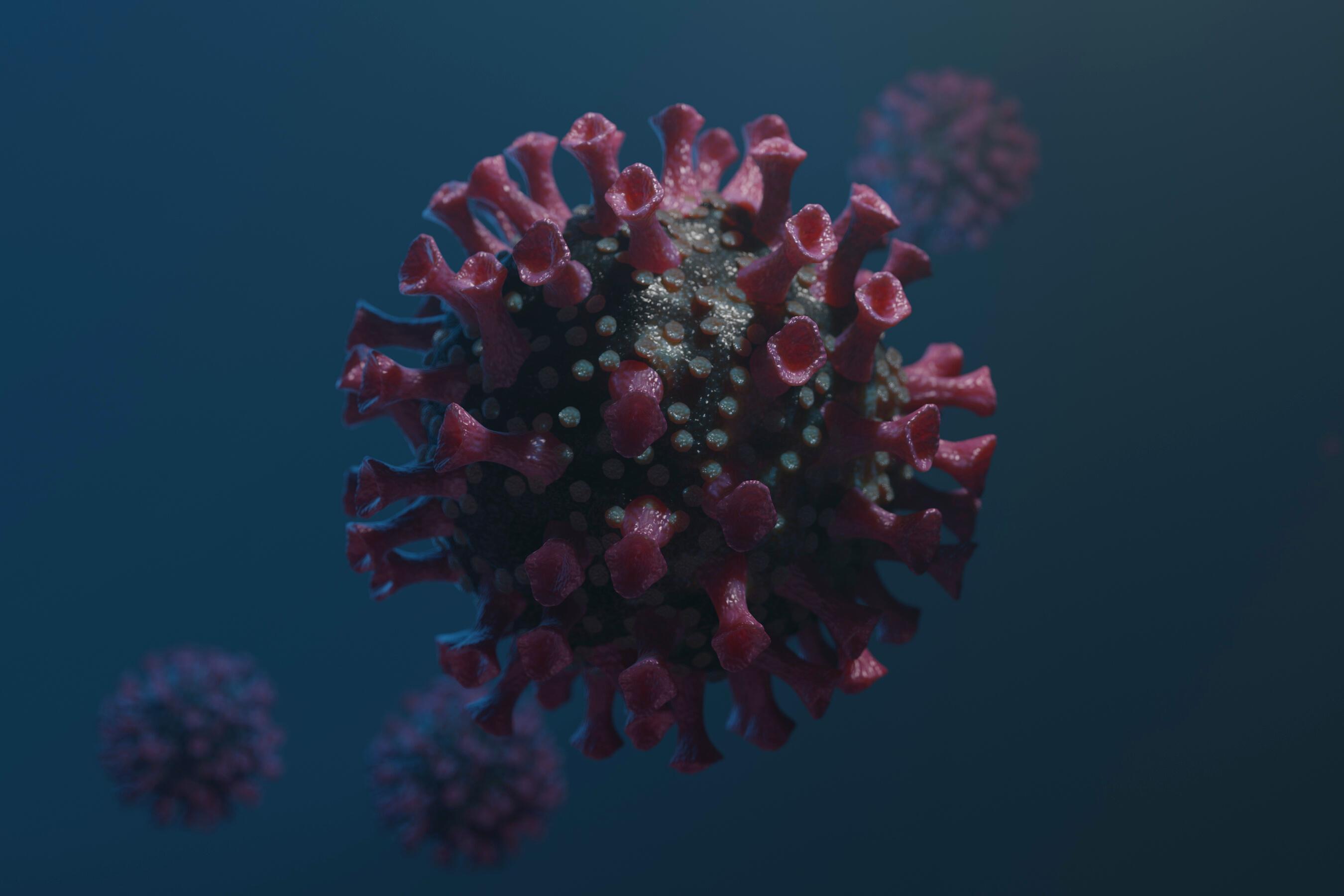





 Dr. Ranjit Jagtap Clinic -
Dr. Ranjit Jagtap Clinic -
Coronavirus disease (COVID-19) is an infectious disease caused by the SARS-CoV-2 virus. Most people infected with the virus will experience mild to moderate respiratory illness and recover without requiring special treatment. However, some will become seriously ill and require medical attention. Older people and those with underlying medical conditions like cardiovascular disease, diabetes, chronic respiratory disease, or cancer are more likely to develop serious illness. Anyone can get sick with COVID-19 and become seriously ill or die at any age.
https://rammangalhf.com/about-us/

People with COVID-19 have had a wide range of symptoms reported – ranging from mild symptoms to severe illness. Symptoms may appear 2-14 days after exposure to the virus. Anyone can have mild to severe symptoms.

Possible symptoms include:
Fever or chills
Cough
Shortness of breath or difficulty breathing
Fatigue
Muscle or body aches
Headache
New loss of taste or smell
Sore throat
Congestion or runny nose
Nausea or vomiting
Diarrhea
https://rammangalhf.com/about-us/
The best way to prevent and slow down transmission is to be well informed about the disease and how the virus spreads. Protect yourself and others from infection by staying at least 1 metre apart from others, wearing a properly fitted mask, and washing your hands or using an alcohol-based rub frequently. Get vaccinated when it’s your turn and follow local guidance.
The virus can spread from an infected person’s mouth or nose in small liquid particles when they cough, sneeze, speak, sing or breathe. These particles range from larger respiratory droplets to smaller aerosols. It is important to practice respiratory etiquette, for example by coughing into a flexed elbow, and to stay home and self-isolate until you recover if you feel unwell.
https://rammangalhf.com/about-us/

The most commonly reported symptoms of post-COVID-19 syndrome include:
Fatigue
Symptoms that get worse after physical or mental effort
Fever
Lung (respiratory) symptoms, including difficulty breathing or shortness of breath and cough
Other possible symptoms include:
Neurological symptoms or mental health conditions, including difficulty thinking or concentrating, headache, sleep problems, dizziness when you stand, pins-and-needles feeling, loss of smell or taste, and depression or anxiety
Joint or muscle pain
Heart symptoms or conditions, including chest pain and fast or pounding heartbeat
Digestive symptoms, including diarrhea and stomach pain
Blood clots and blood vessel (vascular) issues, including a blood clot that travels to the lungs from deep veins in the legs and blocks blood flow to the lungs (pulmonary embolism)
Other symptoms, such as a rash and changes in the menstrual cycle


 Dr. Ranjit Jagtap Clinic -
Dr. Ranjit Jagtap Clinic -
Recent research has shown that some of these people are more likely to experience cardiovascular issues, such as an irregular heartbeat, stroke and heart failure. Importantly, this higher risk of heart disease was shown even in people who only had a mild case of COVID-19 and were not hospitalized.
SARS-CoV-2, the virus that causes COVID-19, most commonly affects the lungs but It can also lead to serious heart problems. Lung damage caused by the virus prevents oxygen from reaching the heart muscle, which in turn damages the heart tissue and prevents it from getting oxygen to other tissues.



